Notícias
Project Beyond Cotton Fights Hunger and Expands Access to Water in Tanzania
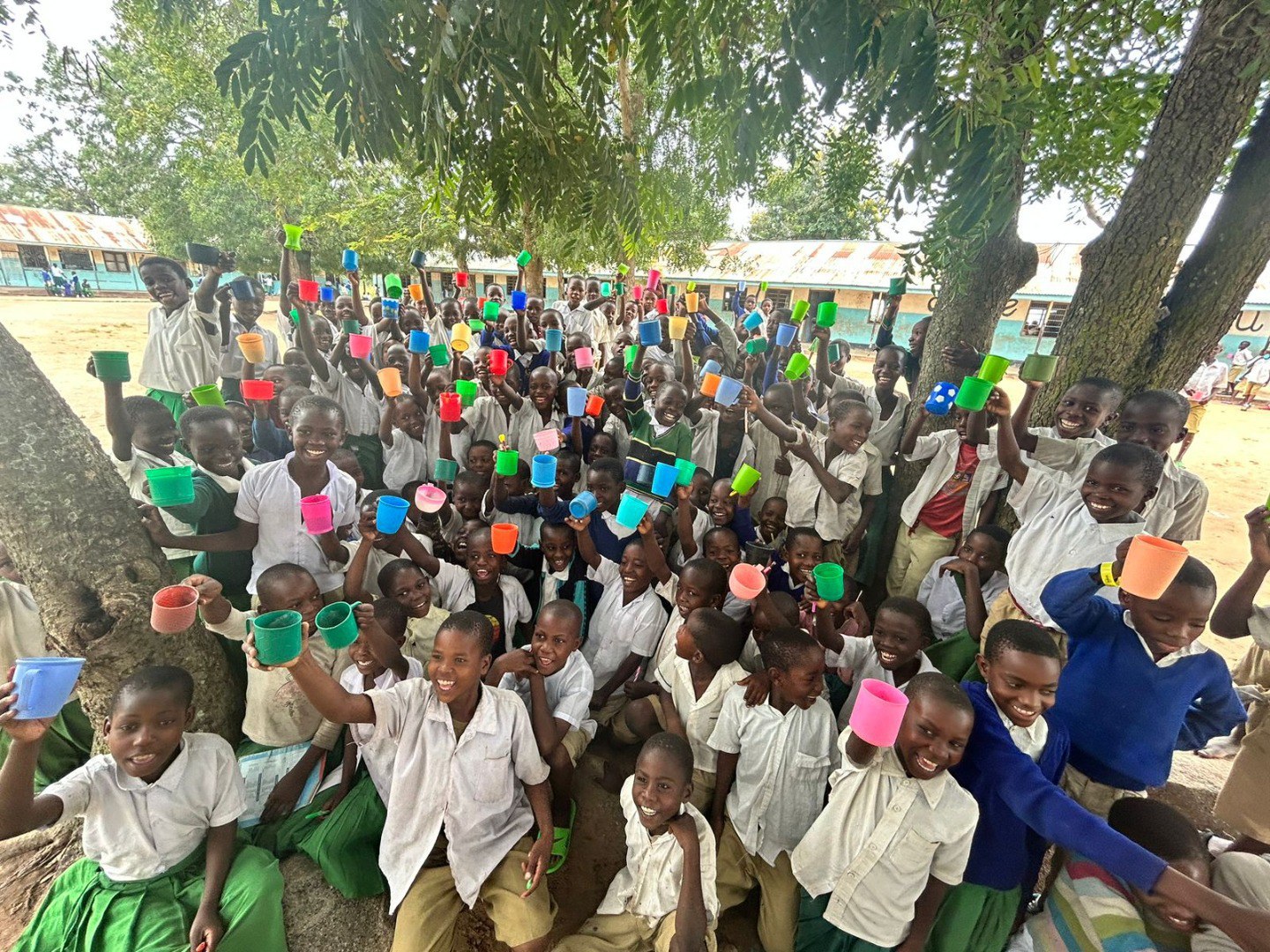
- Beyond Cotton Project - Closing Mission
The initiative, which has been implemented over 18 months, came to an end last week, after the final technical mission of the project, coordinated by the Brazilian Cooperation Agency (ABC) of the Ministry of Foreign Affairs in partnership with the Federal University of Campina Grande (UFCG), the government of Tanzania, the World Food Program (WFP) Centre of Excellence against Hunger in Brazil and WFP Tanzania.
Agricultural technologies exchanged
The project served three districts in the Mwanza region, in the northwest of that country. Family farmers from Misungwi, Magu and Kwimba participated in several trainings, taught by UFCG expert professors. At the time, they learned new productive techniques for increasing, diversifying production and combating pests.
The initiative encouraged crop rotation, taking into account local climate specificities, in order to guarantee the maintenance of soil quality and increase the items produced for self-consumption, school meals and sales.
Thomas Bwana, director-general of the Tanzania Agricultural Research Institute (TARI), addressed the new learnings incorporated into the project: “We were able to change our paradigm of growing just one crop; now, we have gone further, thinking about the nutritional aspects that each food can provide us. This should not be the end, but the beginning of a new chapter in Brazil's cooperation with Tanzania".
Considering the great difficulty in accessing water in the region, both for personal consumption and for cooking and watering crops, the project promoted the construction of 16,000-liter cisterns to collect rainwater, with water meters, as well as economic garden beds. The project also provided a workshop on the construction of underground dams, which make it easier to retain water during the rainy season, for use during the dry season.
Fighting hunger and nutrition
It is also worth mentioning the donation of agricultural machinery for family farming, which speeds up and facilitates the preparation of the soil and the planting of seeds. Women family farmers also took part in workshops on making full use of food and caring for water. As a complement to another Brazilian cooperation project - "Cotton Victoria" - Beyond Cotton in Tanzania also supported the financing of an irrigation system for a TARI cotton plantation seed field.
The initiative also promoted the construction of three ecological wood-burning stoves in schools in the districts involved, in order to modernize and speed up the preparation of food in schools, previously done on stones on the ground, mixed with wood. There was a great loss of heat and the need to use much larger quantities of firewood, due to the wind.
The initiative has also provided training in the construction of handlooms, so that family farmers can use the cotton they produce to make clothes and other items manually, reducing expenses with the purchase of these goods and increasing the possibilities of financial gain from marketing.
Project closure
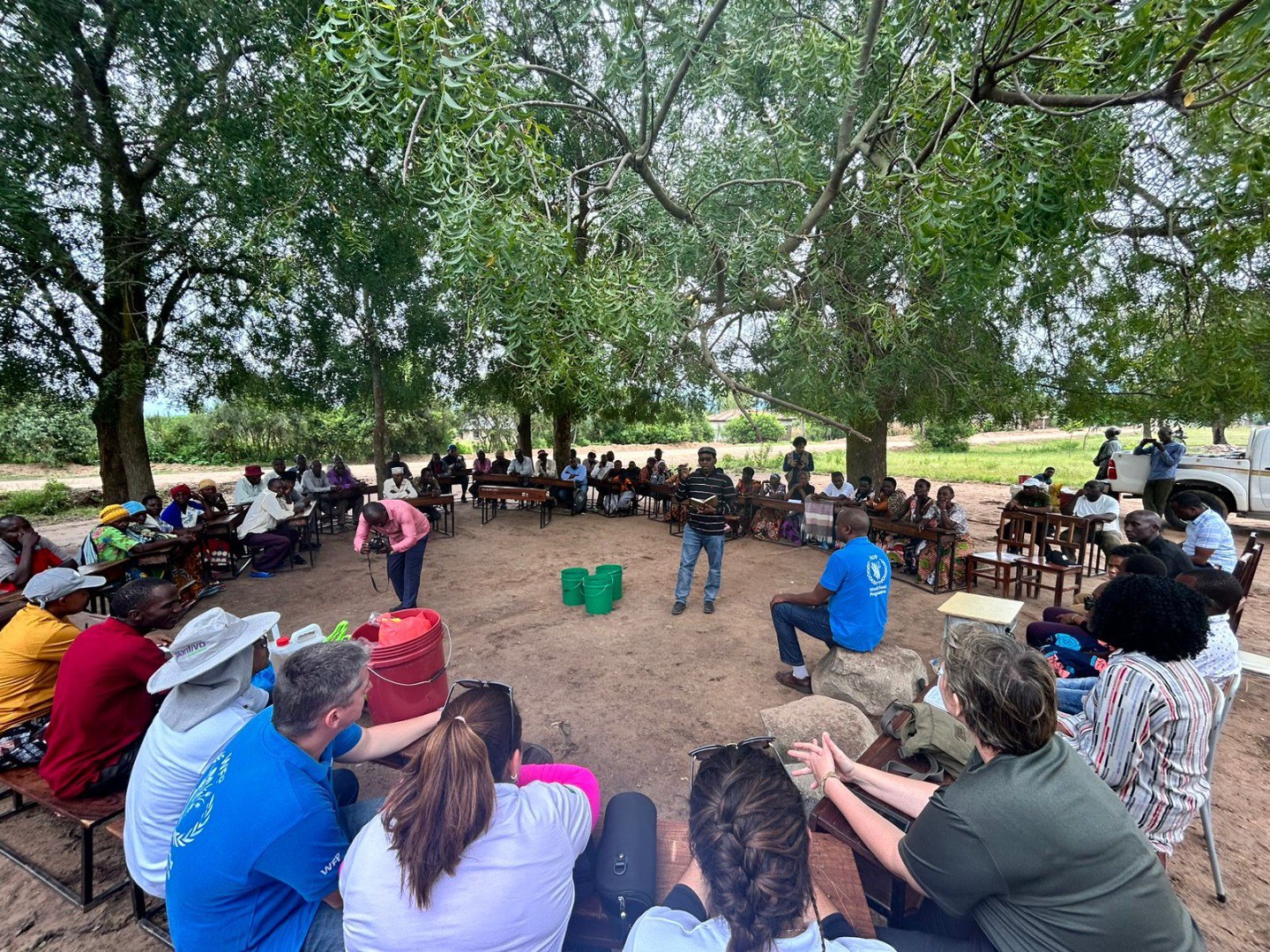
- Beyond Cotton Project - Closing Mission
The different interlocutors who spoke at the closing ceremony highlighted the differential of Brazilian cooperation. For the director-general of the TCB, Brazil didn't give the fish, but taught them how to fish. "In the cooperation between Brazil and Tanzania, instead of giving us money, you are giving us the means to make money and improve people's lives," he concluded.
The Ambassador of Brazil to Tanzania, Gustavo Nogueira, underlined the principles that underpin Brazilian south-south cooperation: “For fish to be caught, people need to want to fish. In this project, we observed the great enthusiasm and commitment of the partners in wanting to use this rod to fish. Solidarity is a principle of Brazil's cooperation. We hope that the new knowledge acquired will be expanded and multiplied,” he emphasized.
The "Beyond Cotton" project supported the construction of more than thirty school and home cisterns in the three districts involved in the project; 90% of the participants observed improvement in food in the last 12 months, as well as in the autonomy of the production system; 76% of those involved reported a significant increase in food production and 34.17% pointed to a reduction in production costs.
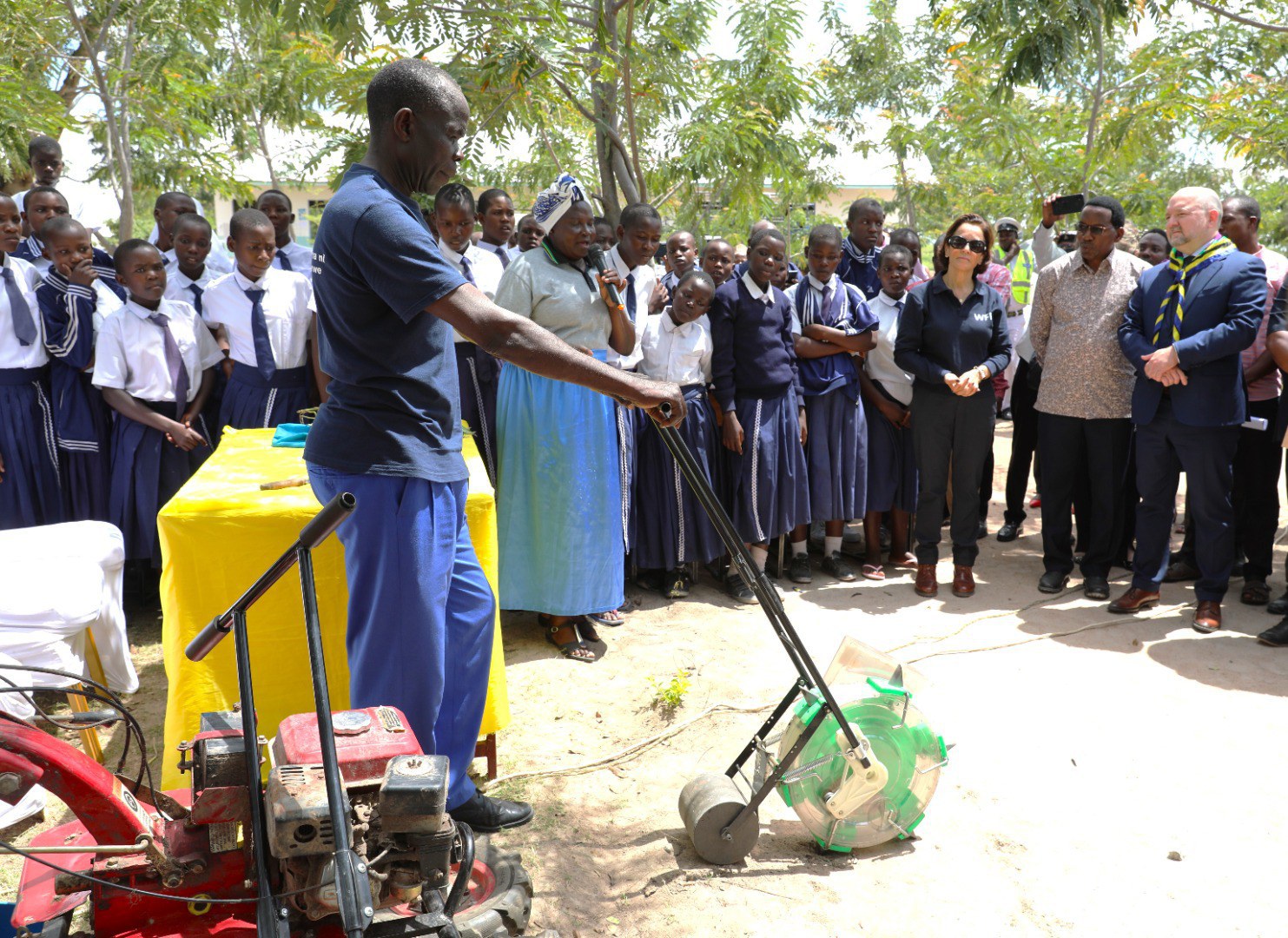
- Beyond Cotton Project - Closing Mission
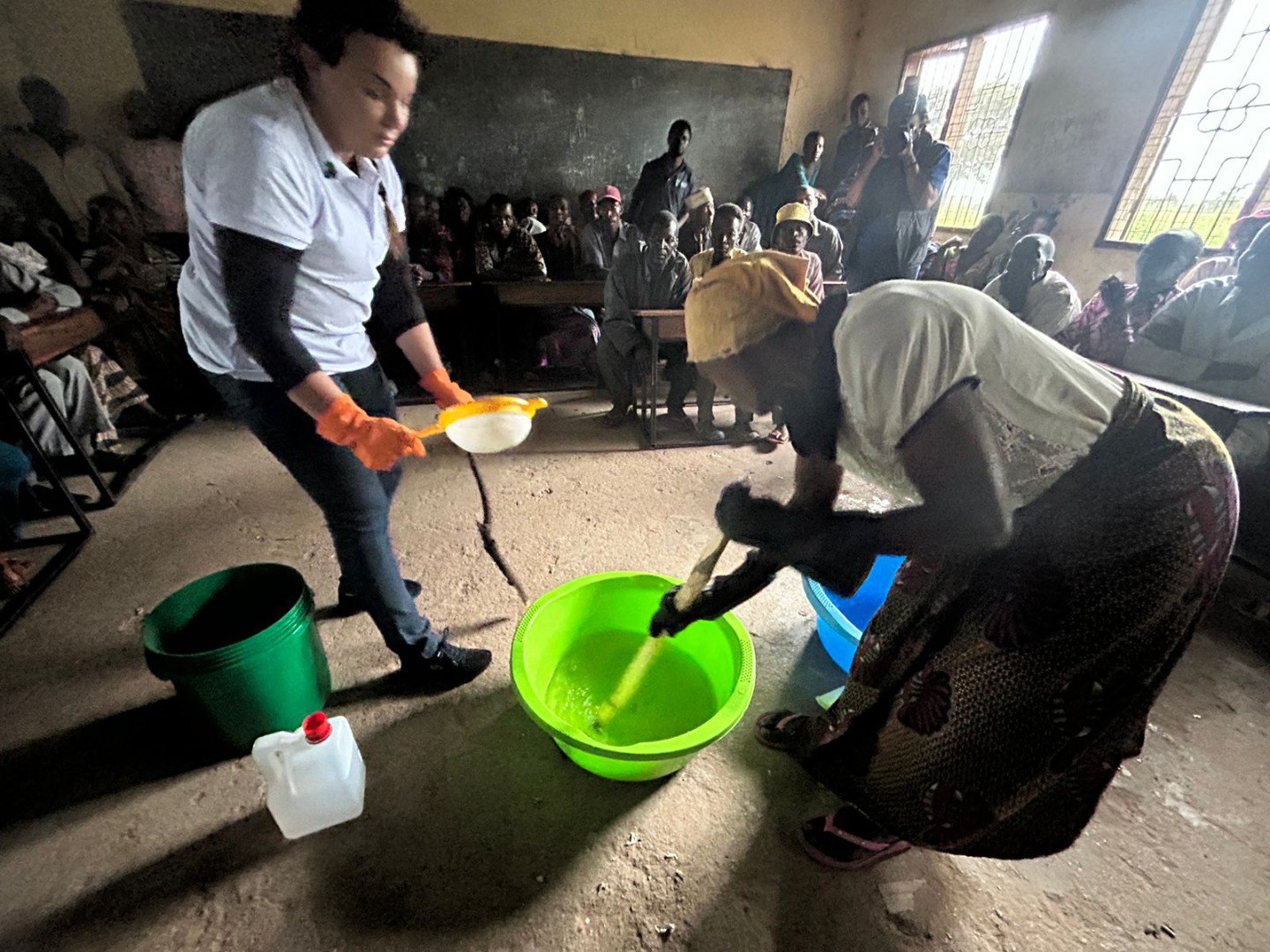
- Beyond Cotton Project - Closing Mission
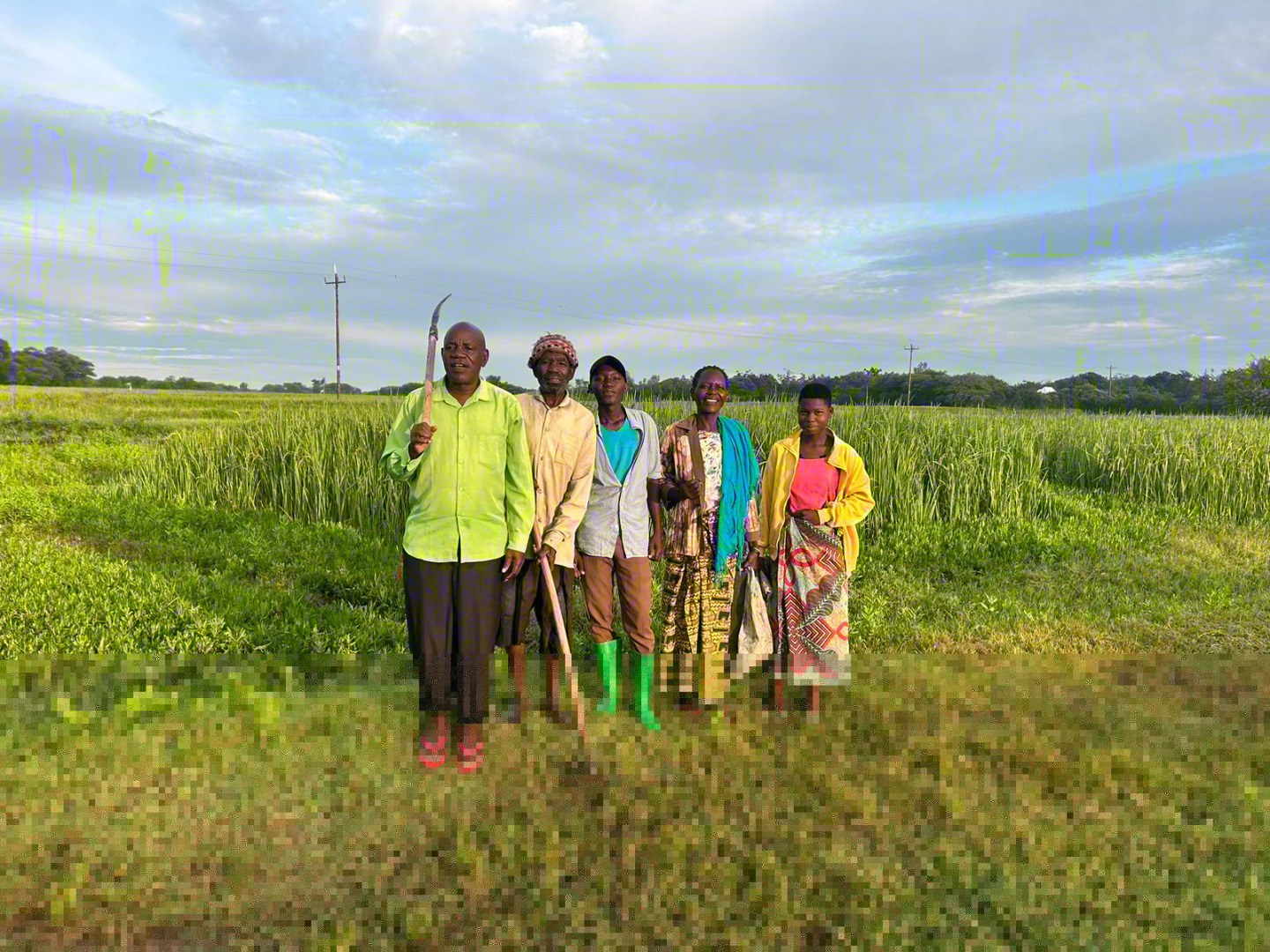
- Beyond Cotton Project - Closing Mission
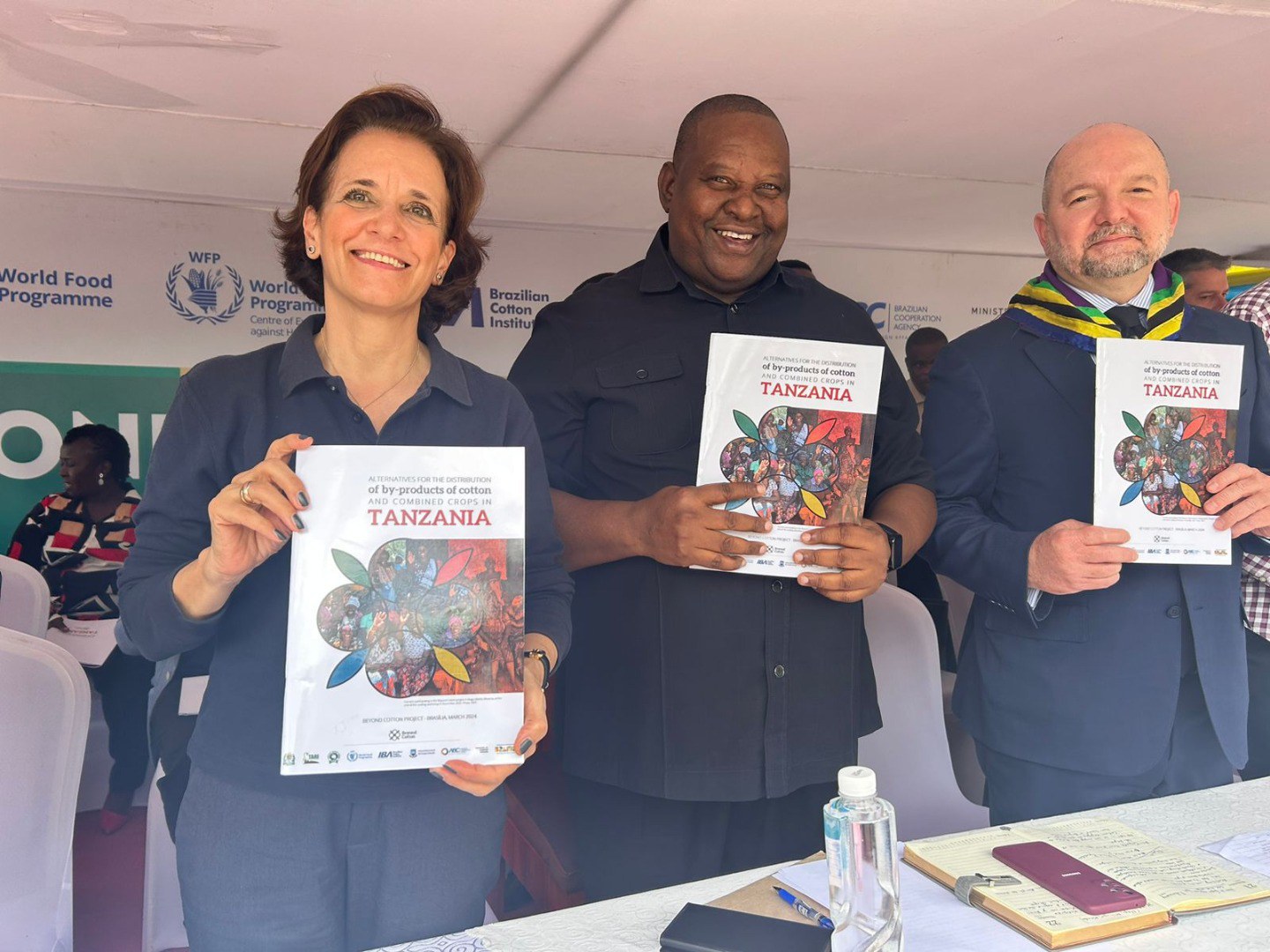
- Beyond Cotton Project - Closing Mission
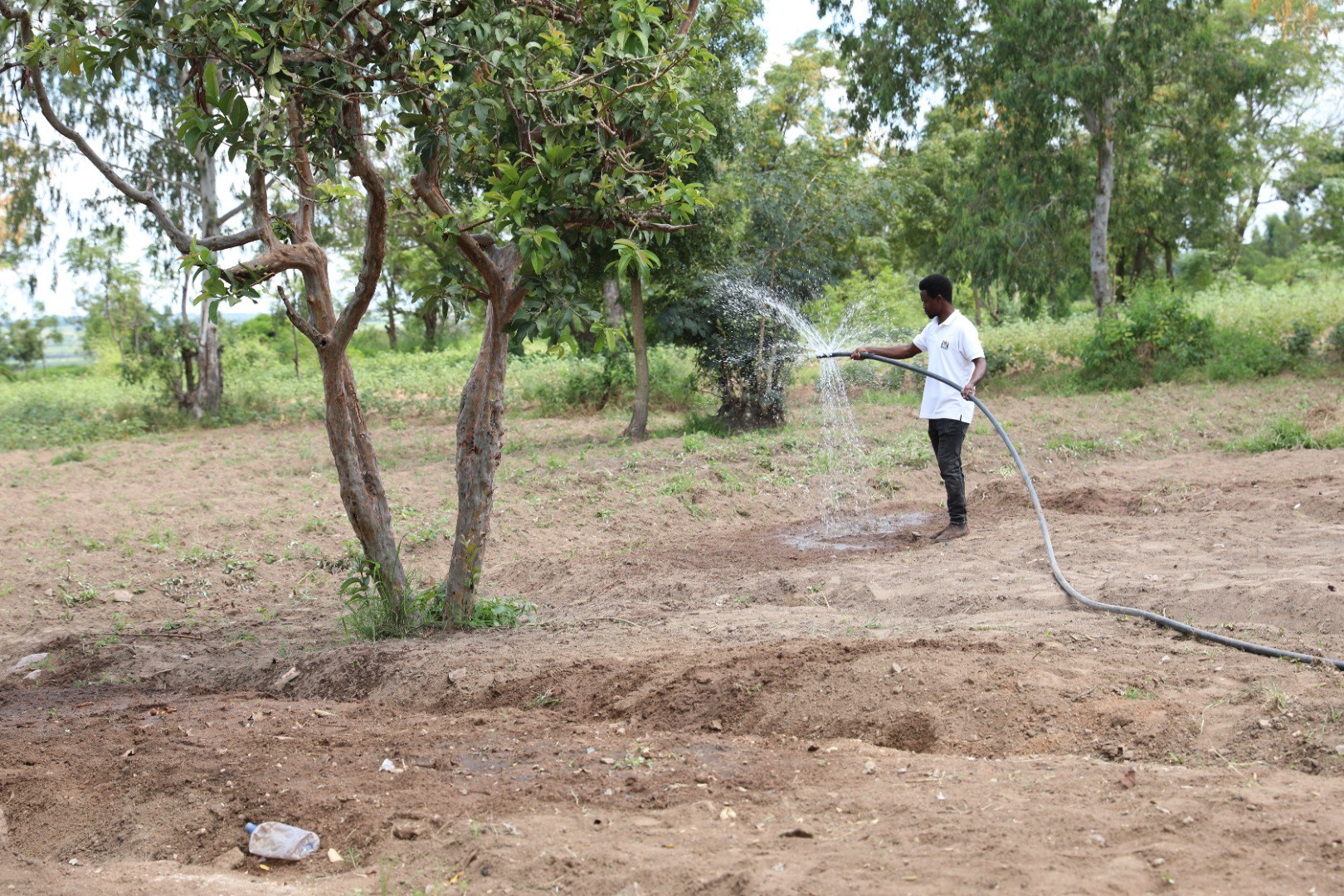
- Beyond Cotton Project - Closing Mission
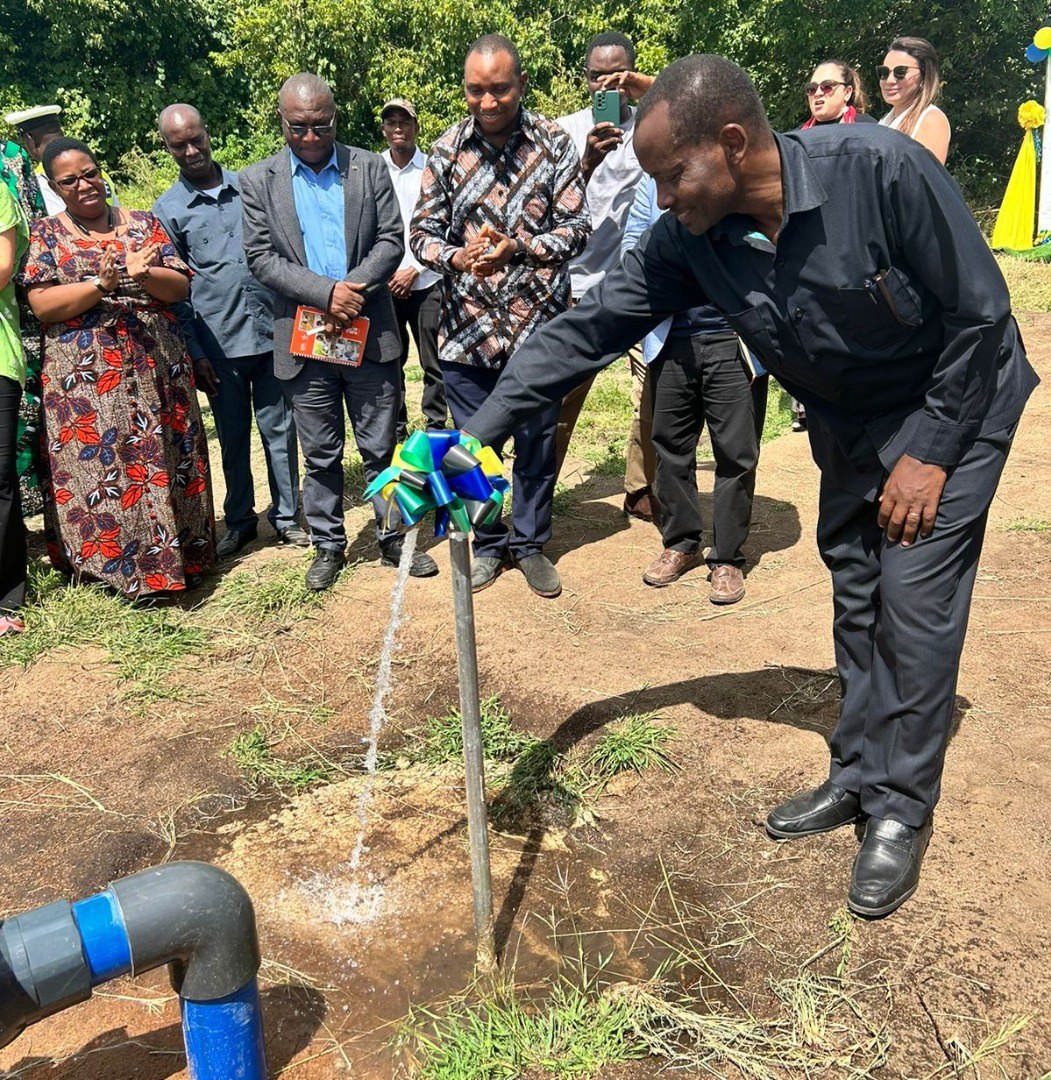
- Beyond Cotton Project - Closing Mission
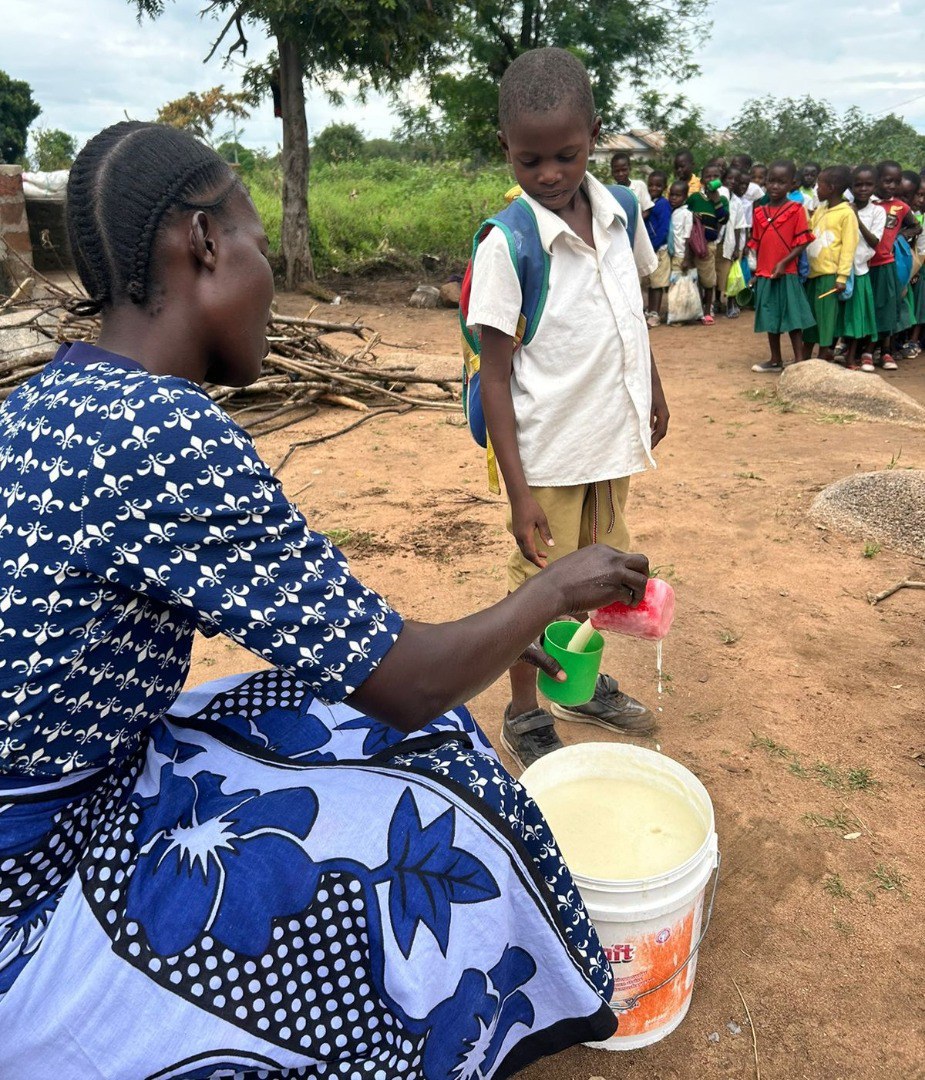
- Beyond Cotton Project - Closing Mission